(in English below)
Johtamisen ja talouden tiedekunnassa (MAB) järjestettiin toista kertaa postdoc-tutkijoille suunnattu mentorointiohjelma. Siihen osallistui seitsemän (7) aktoria-mentoriparia tiedekunnan eri yksiköistä. Osa aktoreista oli vastikään väitelleitä ja osa väitöskirjan loppuvaiheessa olevia tutkijoita. Mentorit olivat uravaiheilla 3–4 olevia senioritutkijoita. Ohjelma alkoi syyskuussa 2023 ja päättyi toukokuussa 2024.
Mentorointiohjelman tärkeimpänä tavoitteena oli postdoc-tutkijoiden ammatillisen kehittymisen tukeminen. Ohjelma noudatti yliopistotason mentorointiohjelmien rakennetta muodostuen kaikille yhteisistä tapaamista sekä aktorin ja mentorin välisistä kahdenkeskeisistä tapaamisista. Kahdenkeskeisten aktori-mentori-tapaamisten sisältö rakentui aktorien toiveiden perusteella. Aktori-mentoriparit tapasivat keskimäärin kuusi kertaa mentorointiprosessin aikana. Osa pareista tapasi kasvokkain ja osa Teamsin välityksellä. Kahdenkeskeisten tapaamisten tukena oli erilaisia vapaaehtoisia harjoituksia ja tehtäviä. Osa pareista hyödynsi esimerkiksi arvokortteja omien arvojen pohtimiseen sekä analysoivat aktorien CV:tä SWOT-analyysin avulla. Osa pareista käytti myös aktiivisesti Mentoroinnin työkirjaa (Kanniainen, Nylund & Kupias, 2017).
Yhteisten tapaamisten keskeisenä tavoitteena oli jakaa kokemuksia muiden ohjelmaan osallistuvien kanssa. Ensimmäisessä yhteisessä tapaamisessa käytiin läpi mentorointiprosessiin liittyviä tavoitteita ja toiveita. Yksi toivotuista aiheista liittyi mentorien uratarinoihin, johon keskityttiin toisella yhteisellä tapaamiskerralla. Kolmannen yhteisen tapaamiskerran aiheena oli ulkoisen projektirahoituksen hakeminen. Siitä olivat puhumassa professori Elina Närvänen, yliopistotutkija Nina Mesiranta ja yliopistonlehtori Malla Mattila Ruokahävikin ja kiertotalouden tutkimusryhmästä, Wastebustersista. Viimeisessä yhteisessä tapaamisessa reflektoitiin kulunutta mentorointiprosessia sekä pohdittiin omia uratoiveita ja -haaveita unelmakartta-tehtävän avulla. Sen tekemistä fasilitoi asiantuntija Leena Köppä tutkimus- ja innovaatiopalveluiden preaward-tiimistä.
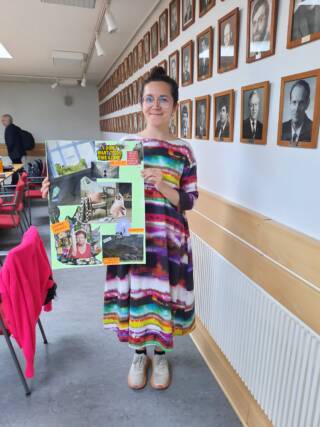
Aktoreilta pyydettiin palautetta sekä mentoroinohjelman aikana että sen lopussa. Yleisesti ottaen mentorointiohjelmaan oltiin tyytyväisiä ja sen koettiin osuvan hyvään uravaiheeseen. Erityiskiitosta saivat mentorit, joiden kanssa käydyt keskustelut koettiin erittäin hyödyllisinä ja omia näkökulmia avartavina. Myös ohjelman sisältöön ja toteutustapaan oltiin tyytyväisiä.
Keskeisin teema, josta aktorit olivat mentoriensa keskustelleet liittyi akateemiseen uraan ja uralla etenemiseen. Keskusteluja oli käyty niin perinteisistä akateemisista urista kuin vaihtoehtoisistakin urapoluista. Samalla oli myös puhuttu siitä, mitä ylipäätään tarkoittaa postdoc-tutkijana oleminen eli mikä on keskeistä, kun siirrytään tai on juuri siirrytty väitöskirjatutkijavaiheesta postdoc-uravaiheeseen. Akateemisiin uriin liittyen aktorit kokivat erittäin hyödyllisinä sen, että saivat reflektoida omia urasuunnitelmiaan mentoriensa kanssa. Samalla mentorit jakoivat omia kokemuksiaan ja näkemyksiään akateemisesta maailmasta. Akateemisiin uriin liittyen aktori-mentoriparit olivat myös keskustelleet konkreettisista urastepeistä kuten dosentuurin hakemisesta ja tenure track -urapolulle hakeutumisesta. Keskusteluja oli käyty myös yleisemmällä tasolla Suomen korkeakoulujärjestelmästä ja sen erityispiirteistä sekä haasteista.
Toinen keskeinen teema, josta aktorit olivat omien mentoreidensa kanssa keskustelleet liittyi oman ammatillisen osaamisen vahvistamiseen ja akateemisen työn keskeisiin elementteihin eli tutkimukseen, opetukseen ja yhteiskunnalliseen vuorovaikutukseen. Tutkimuksen osalta oli keskusteltu esimerkiksi ulkoisen rahoituksen, kun Suomen Akatemian akatemiatutkija-rahoituksen hakemista. Parit olivat myös käyneet keskusteluja tutkimushankkeen suunnittelusta ja projektisuunnitelman laatimisesta sekä projektien johtamisesta. Aktori-mentori-parit olivat myös keskustelleet julkaisemisesta, tutkimuksen vaikuttavuudesta sekä yhteistyön ja verkostojen merkityksestä. Omaa akateemista osaamista koskevat pohdinnat olivat myös pitäneet sisällään opetukseen ja pedagogiseen kehittymiseen liittyviä teemoja.
Kolmas keskeinen teema, josta aktori-mentori-parit olivat keskustelleet, liittyi oman työn hallintaan ja työhyvinvointiin. Keskusteluja oli käyty esimerkiksi akateemisen työn luonteesta ja työhön liittyvistä paineista kuten myös työn tekemisen tavoista sekä ajanhallinnasta. Keskustelut liittyivät myös työyhteisön merkitykseen sekä työn ja muun elämän yhteensovittamiseen.
Kokemusten ja näkemysten jakaminen ja niiden reflektointi rennossa ja luottamuksellisessa ilmapiirissä koettiin tärkeänä ja arvokkaana asiana. Aktorit kokivat mentorointiprosessin laajentaneen omaa perspektiiviä sekä antaneen uusia ideoita ja ajatuksia oman uran suunnitteluun. Sekä yhteiset tapaamiset että aktori-mentori-parien väliset keskustelut tekivät näkyväksi ja siirsivät eteenpäin sitä arvokasta hiljaista tietoa, jota mentoreilla on akateemisesta maailmasta ja siinä toimimisesta.
Kiitokset kaikille MAB-tiedekunnan mentorointiohjelmaan osallistuneille!
Hanna & Johanna
………………………………………………………………………………………………….
For the second time, the Faculty of Management and Business (MAB) organised a mentoring programme for the faculty’s postdoctoral researchers. It was attended by seven (7) actor-mentor pairs from different units of the faculty. Some of the actors were recent PhD graduates and some were PhD Students in the final stages of their doctoral studies. The mentors were senior researchers at career stages 3–4. The programme started in September 2023 and ended in May 2024.
The main objective of the mentoring programme was to support the professional development of postdoctoral researchers. The programme followed the structure of mentoring programmes at the university level, consisting of joint meetings and individual meetings of actor-mentor pairs. The content of the actor-mentor meetings was designed according to the wishes of the actors. On average, actor-mentor pairs met six times during the mentoring process. Some of the pairs met face-to-face and some through Teams. The actor-mentor meetings were supported by various voluntary exercises and tasks, such as using value cards to reflect on one’s own values and analysing the actor’s CV by using a SWOT analysis. Some of the actor-mentor pairs also actively utilised the Mentoring Workbook (Kanniainen, Nylund & Kupias, 2017).
The main aim of the joint meetings was to share experiences with other participants in the programme. In the first joint meeting, the objectives and wishes related to the mentoring process were discussed. One of the desired topics was related to the mentors’ career stories, which was the focus of the second joint meeting. The third joint meeting focused on applying for external project funding, and the speakers included Professor Elina Närvänen, Senior Research Fellow Nina Mesiranta and University Lecturer Malla Mattila from the Wastebusters research group. The last joint meeting focused on discussing about the mentoring process. In addition, the participants reflected their own career hopes and dreams with the help of a dream map task, which was facilitated by Expert Leena Köppä from the Research and Innovation Services’ Preaward team.
The actors were asked for feedback both during and at the end of the mentoring programme. In general, the actors were satisfied with the mentoring programme and felt that it coincided with a good career stage. Special thanks were given to the mentors, with whom the discussions were considered very useful and providing broader perspective. The actors were also satisfied with the content and implementation of the programme.
The main theme that the actors had discussed with their mentors was related to academic careers and career progression. There had been discussions about both traditional academic careers and alternative career paths. At the same time, they had also talked about what it means to be a postdoctoral researcher in general, i.e. what is essential when moving or have just moved from the doctoral researcher phase to the postdoctoral researcher career stage. In terms of academic careers, the actors found it very useful to be able to reflect on their own career plans with their mentors. At the same time, the mentors shared their own experiences and views on the academic world. In relation to academic careers, the actor-mentor pairs had also discussed concrete career steps, such as applying for a Title of Docent and a tenure track position. On a more general level, the Finnish higher education system and its particularities and challenges were also discussed.
Another key issue that the actors had discussed with their mentors was the strengthening of their own professional competence and the key elements of academic work, i.e. research, teaching, and interaction with society. In relation to research, for example, there had been discussions about applying for external funding, such as Research Council of Finland’s Academy Research Fellow -funding. The pairs had also discussed how to plan a research project, how to write a project plan and how to manage a project. The actor-mentor pairs had also talked about publishing, the impact of research and the importance of collaboration and networking. Reflections on their own academic competences had also included issues related to teaching and development of pedagogical competencies.
The third central theme discussed by the actor-mentor pairs was related to managing own work and well-being at work. Discussions had focused, for example, on the nature of academic work and work-related pressures, as well as ways of working and time management. Discussions also related to the importance of the working community and how to find a balance between work and non-work life.
Sharing and reflecting own experiences and views in a relaxed and confidential atmosphere was considered important and valuable. Actors felt that the mentoring process broadened their perspectives and provided new ideas and thoughts for planning their own careers. Both the joint meetings and the discussions between actor-mentor pairs made visible and transferred the valuable tacit knowledge that mentors have about academic work and working in academia.
Thank you to all who participated in the MAB Faculty’s Mentoring Programme!
Hanna & Johanna

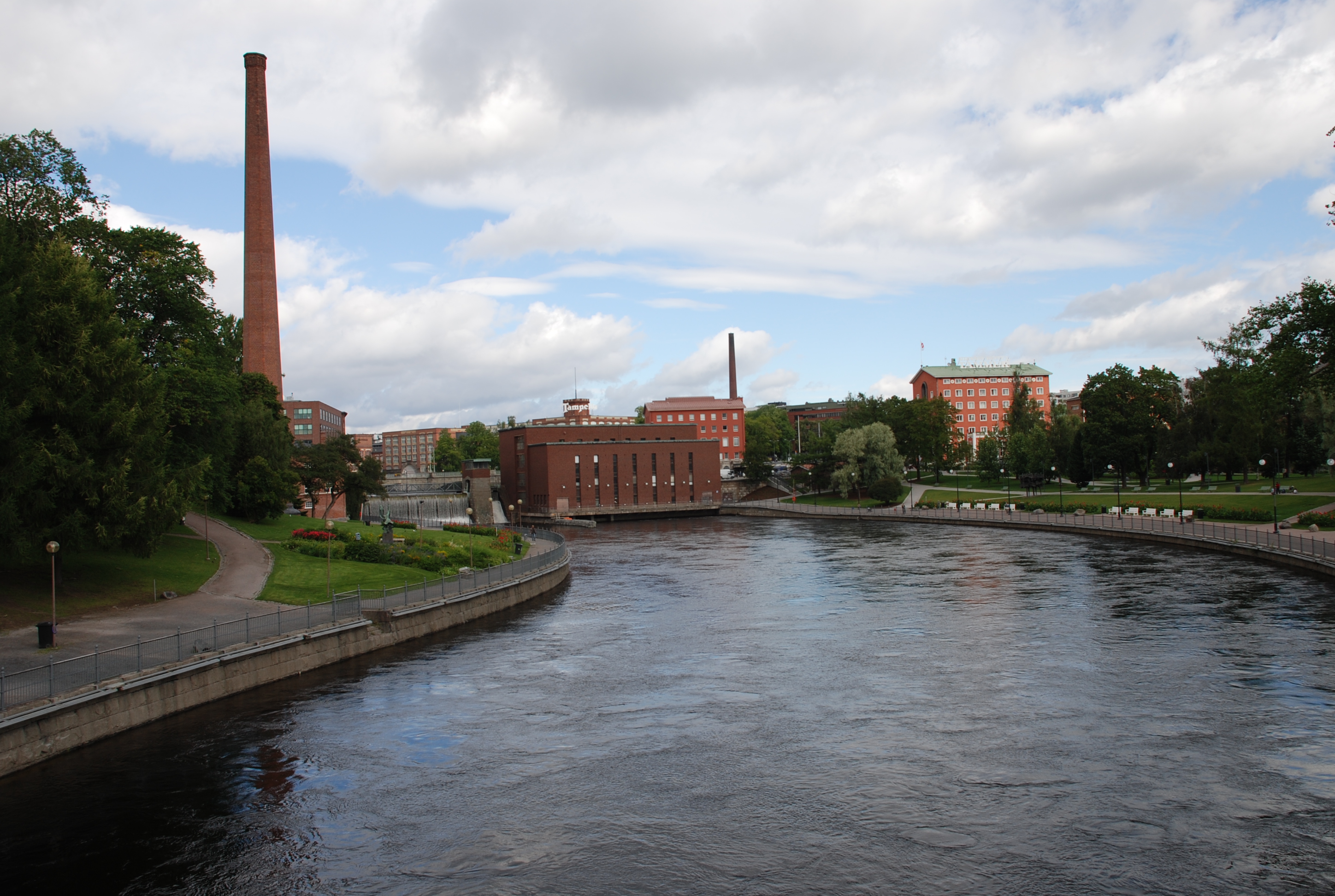
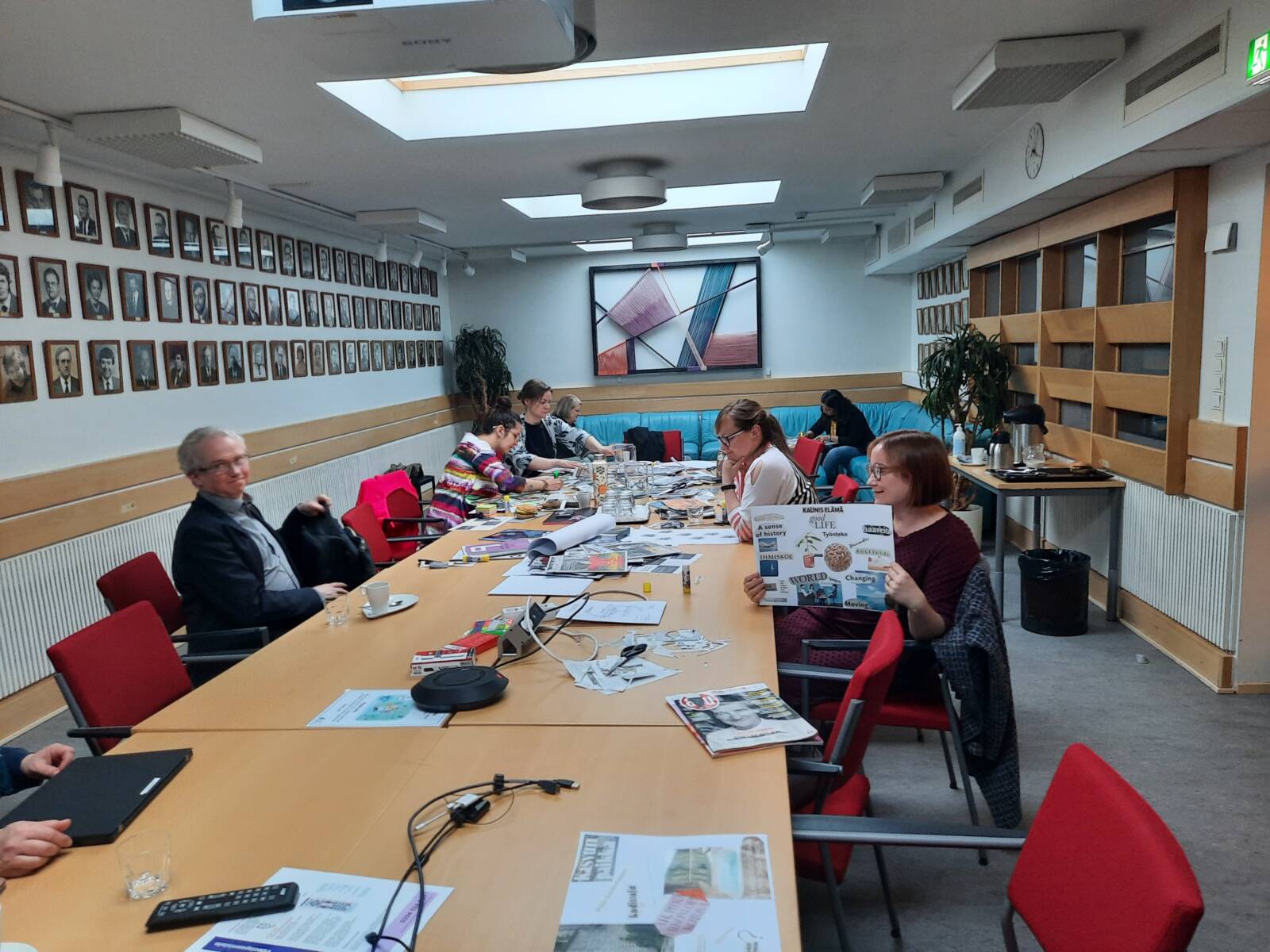
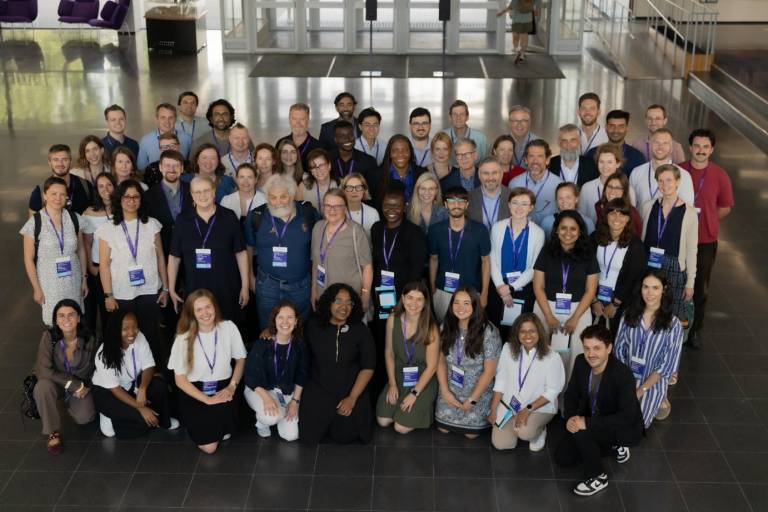
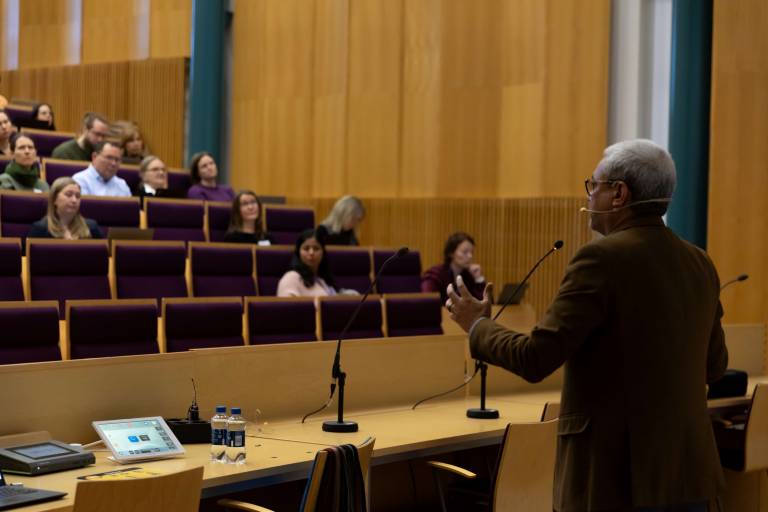
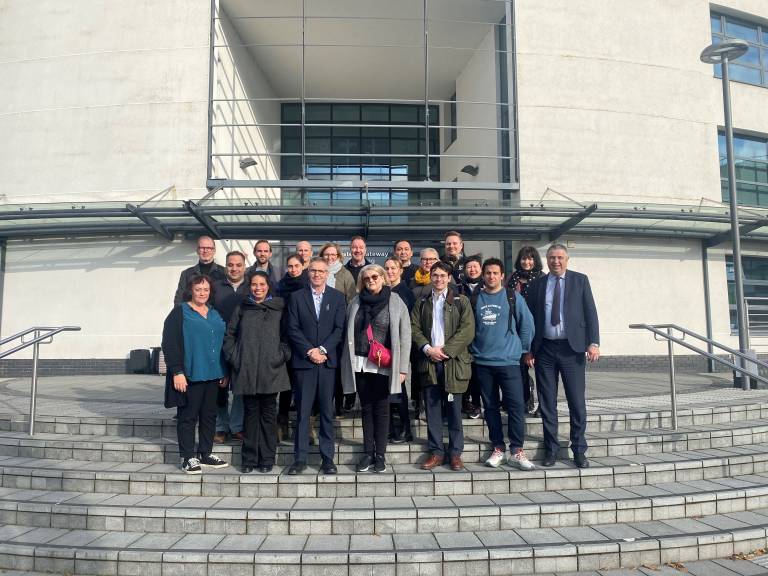
Kommentit